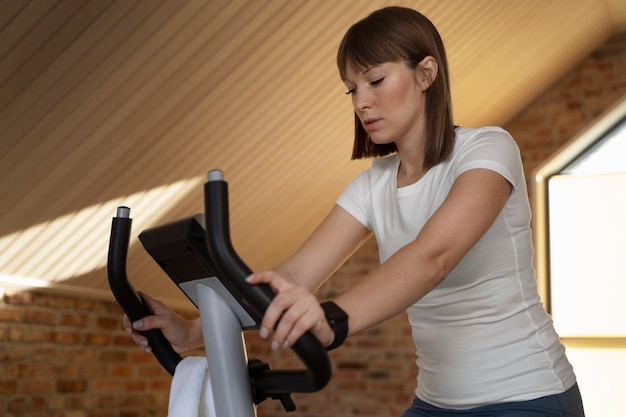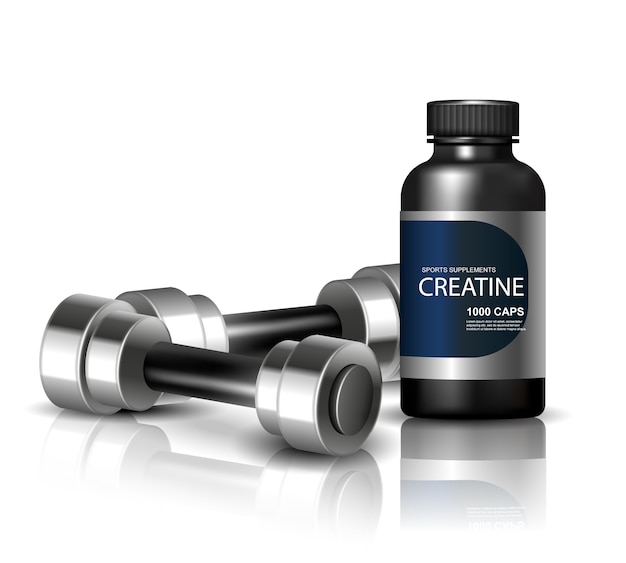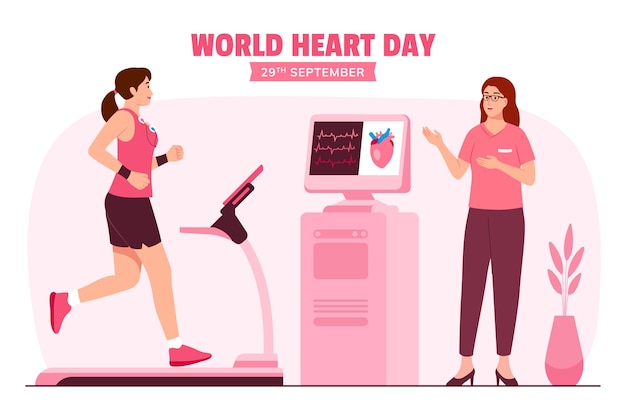Polycystic Ovary Syndrome (PCOS) affects millions of women worldwide, bringing challenges like hormonal imbalances, insulin resistance, weight gain, and fatigue. While there’s no cure, lifestyle changes—especially mindful exercise and recovery—can significantly improve symptoms and overall well-being. This beginner-friendly guide focuses on smart training, recovery strategies, weekly targets, and safety tips designed specifically for those managing PCOS.
For women with PCOS, overtraining can worsen hormonal imbalances and increase cortisol levels, leading to more inflammation and fatigue. Recovery isn’t just about rest—it’s a crucial part of training smarter. Proper recovery supports hormone regulation, reduces stress, improves insulin sensitivity, and helps maintain energy balance.
Recovery includes sleep, nutrition, hydration, mobility work, and mental well-being. When combined with the right kind of exercise, it creates a sustainable routine that supports long-term health rather than short-term intensity.

The goal isn’t to push harder, but to work more effectively. Women with PCOS benefit most from balanced routines that include strength training, low-impact cardio, and flexibility exercises. Here’s how to structure your weekly plan:
Building lean muscle improves insulin sensitivity and boosts metabolism—key factors in PCOS management. Focus on compound movements like squats, lunges, push-ups, and rows. Start with bodyweight or light resistance and gradually increase intensity.
High-intensity workouts can spike cortisol, which may worsen PCOS symptoms. Instead, opt for moderate, sustainable cardio like brisk walking, cycling, swimming, or elliptical training.

Yoga, stretching, and Pilates help reduce stress, improve circulation, and support joint health. These practices also enhance body awareness and promote relaxation—critical for hormonal balance.
Consistency beats intensity. Use this weekly framework to stay on track without burnout:
| Day | Activity | Recovery Focus |
|---|---|---|
| Monday | Strength Training | Hydration + 8 hours sleep |
| Tuesday | Low-Impact Cardio | Post-walk stretching |
| Wednesday | Yoga or Stretching | Mindful breathing |
| Thursday | Strength Training | Epsom salt bath |
| Friday | Low-Impact Cardio | Digital detox after 8 PM |
| Saturday | Active Recovery (walk, light swim) | Spend time in nature |
| Sunday | Rest or Gentle Stretching | Reflect & plan next week |
Your health comes first. Keep these safety tips in mind:
Managing PCOS is a journey, not a race. Training smarter means respecting your body’s limits, prioritizing recovery, and building sustainable habits. Focus on how you feel—not just the scale or the mirror. Small, consistent efforts compound into meaningful improvements in energy, mood, and hormonal balance.
By integrating mindful movement, proper rest, and self-compassion, you’re not just exercising—you’re healing. Start where you are, use this guide to build your routine, and remember: every step forward counts.

Wellness

Wellness

Wellness

Wellness

Wellness

Fitness

Wellness

Wellness

Fitness

Wellness

Fitness

Fitness

Health

Fitness

Health

Health